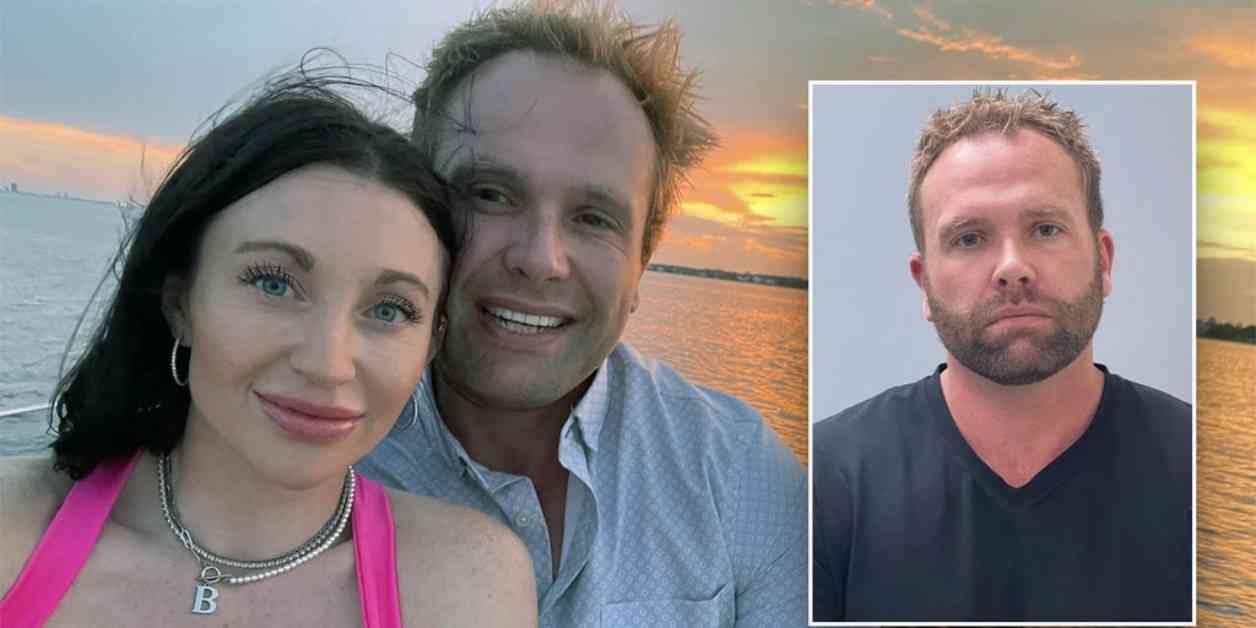A Florida cosmetic surgeon was charged in his wife’s death after she went into cardiac arrest on his operating table, and he allegedly waited 20 minutes to call 911, police said.
41-year-old Benjamin Brown, the surgeon, was arrested for the death of his 33-year-old wife, Hillary Brown. Authorities were called to Restore Plastic Surgery clinic in Gulf Breeze, Florida, on Nov. 21, 2023, for a medical emergency. When they arrived, Hillary Brown was found suffering from cardiac arrest. She was put on life support and died a week later on Nov. 28.
Benjamin Brown was arrested for second-degree felony homicide: manslaughter by culpable negligence. After an extensive investigation, authorities requested a warrant for his arrest. The Florida Department of Health issued an emergency restriction order on Dr. Brown’s license, shedding light on the events leading to Hillary’s death.
According to the medical board, Hillary took some pills and created her own IV bags before the procedures. During surgery, she began experiencing symptoms of lidocaine toxicity, but instead of seeking help, Dr. Brown continued the surgery. The medical assistant asked multiple times if they should call 911, but Dr. Brown allegedly instructed her not to. He only called for help after his wife had a seizure and became unresponsive.
The medical board criticized Dr. Brown’s care of his wife as “careless and haphazard.” They raised concerns about his ability to provide adequate care to future patients, given his actions during Hillary’s surgery. Marty Ellington, Hillary’s father, expressed his grief over the loss of his daughter and blamed Dr. Brown for her death.
Despite the charges against him, Dr. Benjamin Brown was released on a $50,000 bond after being booked into the Santa Rosa County Detention Facility. The tragic incident has left three children without their mother and sparked outrage in the community.
The case of Benjamin and Hillary Brown serves as a cautionary tale about the importance of patient safety and responsible medical practices. It highlights the ethical considerations that healthcare providers must uphold, especially when treating loved ones. The heartbreaking consequences of Dr. Brown’s actions have left a family shattered and raised questions about the accountability of medical professionals.
As the investigation continues and legal proceedings unfold, it is essential to reflect on the lessons learned from this tragedy. The impact of one individual’s negligence can have far-reaching consequences, emphasizing the need for strict adherence to medical protocols and standards of care. The story of the Browns is a sobering reminder of the delicate balance between trust, responsibility, and the sanctity of human life.





















